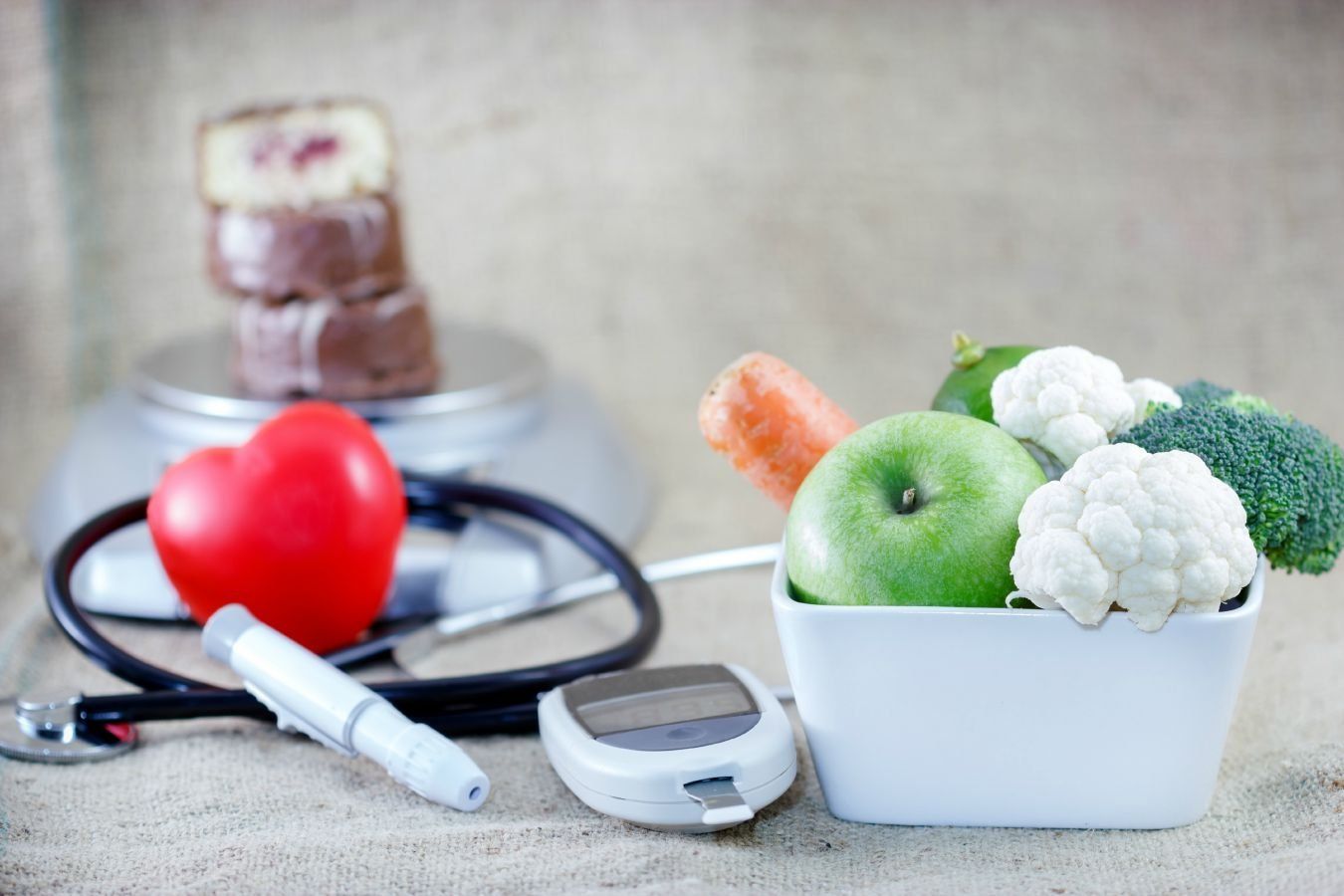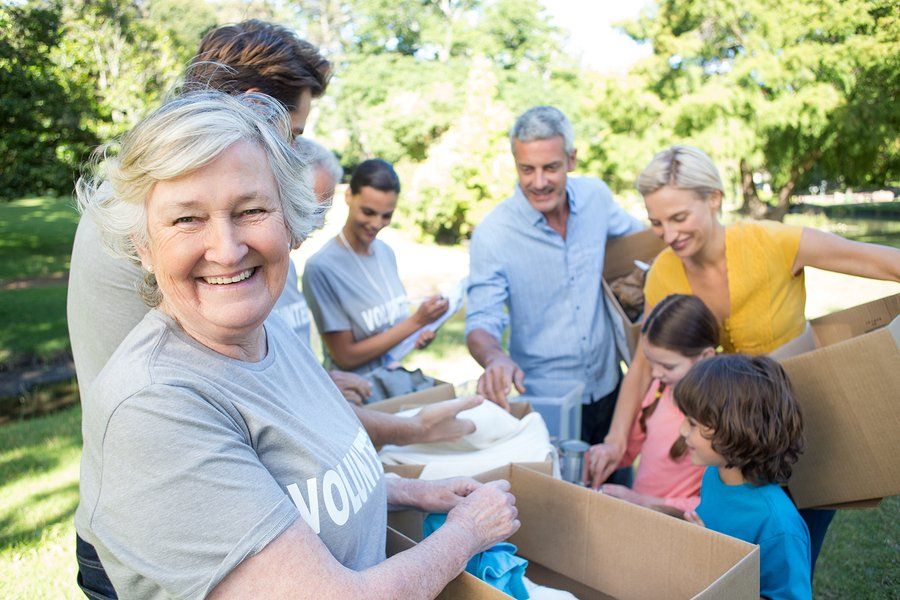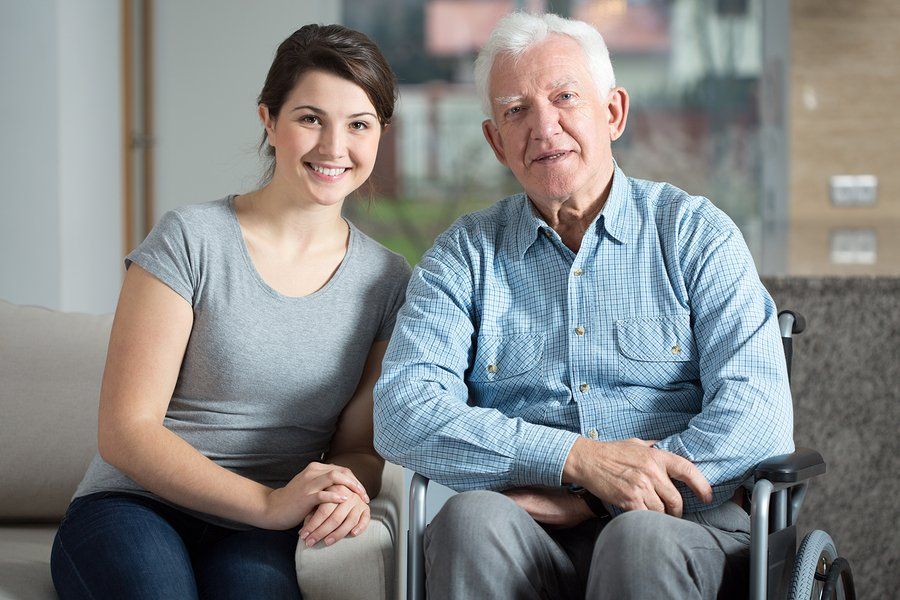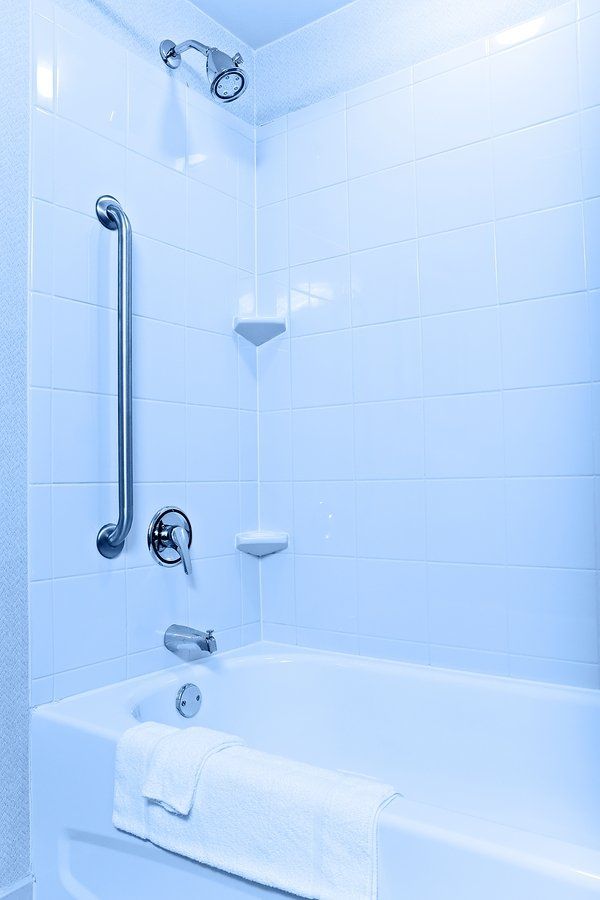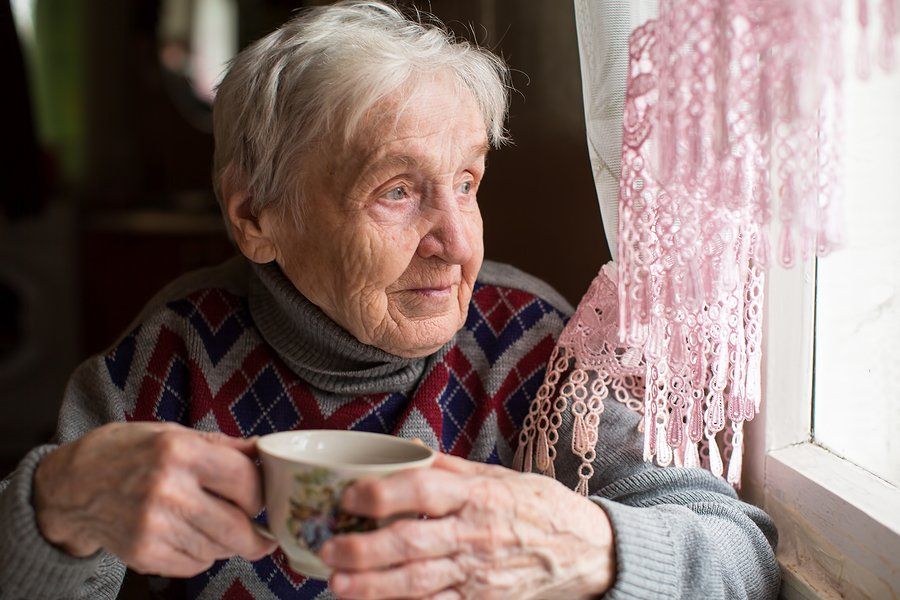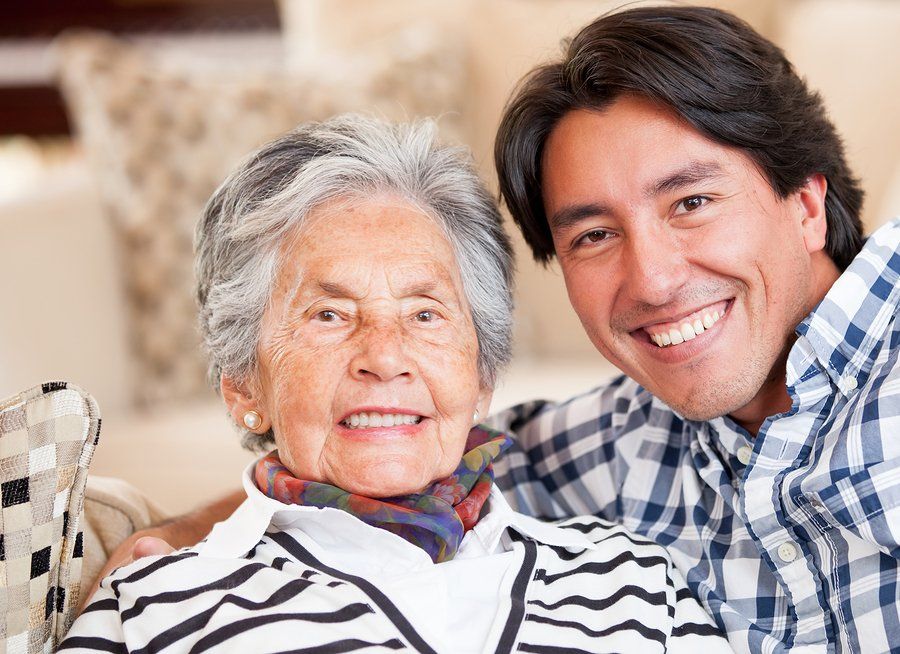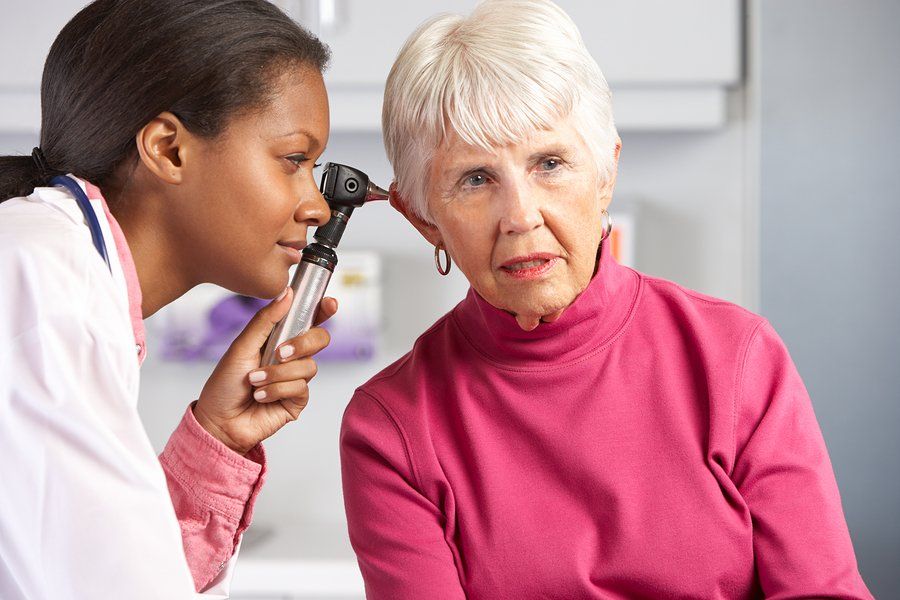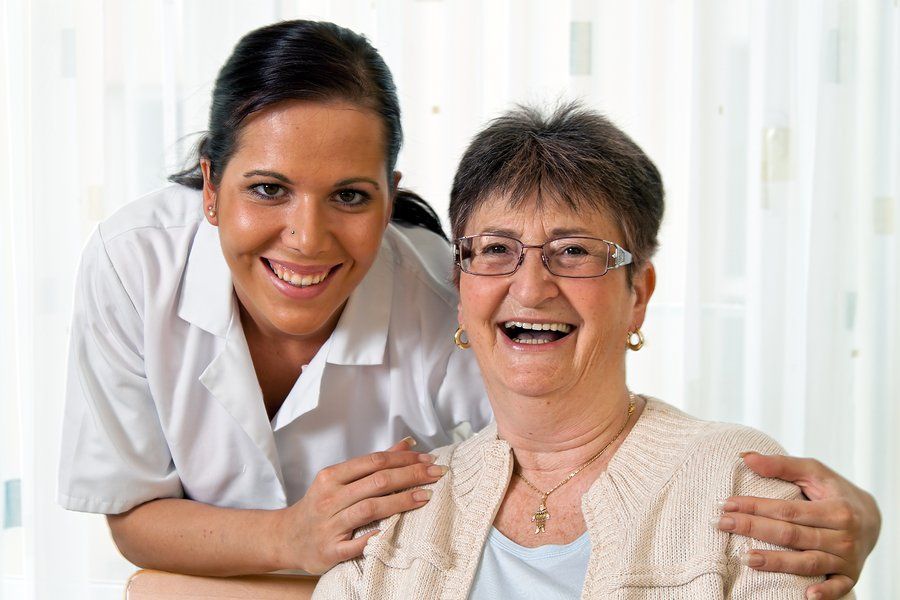Signs in Your Parent’s Kitchen That They Might be Suffering from Alzheimer’s
If you are like most family caregivers, one of the issues that you are most concerned about in your care journey is the possibility that your elderly parent will develop Alzheimer’s disease. Not being vigilant about this possibility or not taking the steps to be aware of it, however, puts your aging loved one at greater risk. It is vital that you be aware of your parent’s health and well-being, and strive to detect early signs of Alzheimer’s disease so that together you can make the decisions about their care and management that are right for them.
One of the simplest ways to possibly detect the early signs of Alzheimer’s disease is to evaluate their home. This can help you to identify behaviors or issues that might indicate that they are dealing with a decline in their cognitive functioning. This allows you to bring them in for the proper diagnosis and get on the course of management and treatment that is most appropriate for their particular needs.
Some signs in your aging loved one’s kitchen that your loved one might be suffering from Alzheimer’s disease include:
• Dishes that are not done. A sink full of dirty dishes that appear to have been there for quite some time might indicate that your loved one no longer remembers the importance of washing their dishes or how to wash them.
• Trash that is not taken out. Trash that has built up in your parent’s trash can might indicate that they have forgotten which day their trash is picked up, think that their trash has just been picked up and should not bring it back out yet, or has forgotten what to do with it.
• Spoiled food. Seniors with Alzheimer’s disease tend to be at higher risk of contracting a foodborne illness or infection because of this particular issue. They might no longer remember how to store food properly or might not understand food expiration dates. This can lead them to eat food that is not safe, putting their health at serious risk. Check their refrigerator, pantry, and cabinets for food that is expired, spoiled, or stored in the wrong place.
If your elderly loved one has recently been diagnosed with Alzheimer’s disease, you are concerned about their health or safety when they are in their home alone, or you simply feel that they would benefit from additional care and support, now may be the ideal time to consider starting home care for them. Caring for an elderly adult with Alzheimer’s disease is extremely challenging, but the highly personalized services of an in-home senior care services provider can ease your stress and help ensure your elderly parent gets all of the care, support, encouragement, and assistance that they need to help them through their progression. This includes being with them on a customized schedule. Whether they need extensive care and you live at a distance or they only need some moderate support and you can be with them much of the time, this customization allows both of you to feel confident that they will get exactly what they need to stay as healthy, comfortable, safe, and happy as possible throughout their later years.
If you or an aging loved one are considering hiring professional home care in Nassau, NY, contact Star One Home Care and Medical Staffing at 718-733-2222 or 914-362-0899. Call today!
Source
